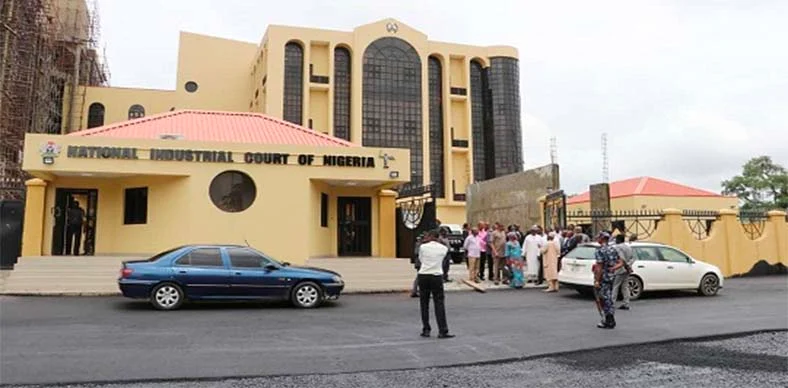By Evans Ufeli Esq
The rule of law requires consistency. Two established legal principles make the recent intervention by a lower court in the ADC leadership dispute deeply problematic.
First, a court will not ordinarily grant an injunction to restrain a completed act. Where a public agency has already taken a final, public step, the appropriate remedies are declaratory relief or damages rather than an order that seeks to undo or restrain what has already been done. In the ADC matter INEC had already recognized and published the names of Senator David Mark and others as party leaders on its website before the court order was made. That public recognition by the electoral body is not a provisional whisper ;it is a consummated administrative act. Seeking to enjoin or reverse an act after it has been completed runs headlong into long‑standing principles about the limits of equitable relief and the futility of attempting to restrain what is already finished.
Second, the Supreme Court’s decision in Abure is directly on point: where a dispute concerns the internal leadership or management of a political party, courts have very limited, if any, jurisdiction. The Supreme Court emphasized that political parties must first and primarily exhaust their internal dispute‑resolution processes and that courts should not be drawn into routine intra‑party crises. That holding is intended to preserve party autonomy, avoid judicial micro‑management of political organizations, and promote institutional stability.
When these two principles are read together, the picture is clear. INEC’s prior public recognition constituted a completed administrative act; and under Abure the ordinary forum for resolving leadership disputes is within the party, not the courts. A lower court’s decision to entertain and make orders in those circumstances therefore appears inconsistent with both the doctrine restricting post‑facto injunctions and the Supreme Court’s guidance on intra‑party disputes.
This is not merely academic. Respect for precedent and jurisdictional limits preserves public confidence in the judicial process and avoids needless legal uncertainty that can destabilize parties and electoral administration. If courts are to be effective guardians of the law they must exercise restraint where a matter has been consummated administratively and where superior court authority has delineated the proper boundary between internal party affairs and judicial intervention. Parties should, in turn, make full use of their internal mechanisms and only involve the courts where the dispute raises justiciable questions that cannot be resolved internally or where statutory duties of electoral bodies are clearly implicated.




